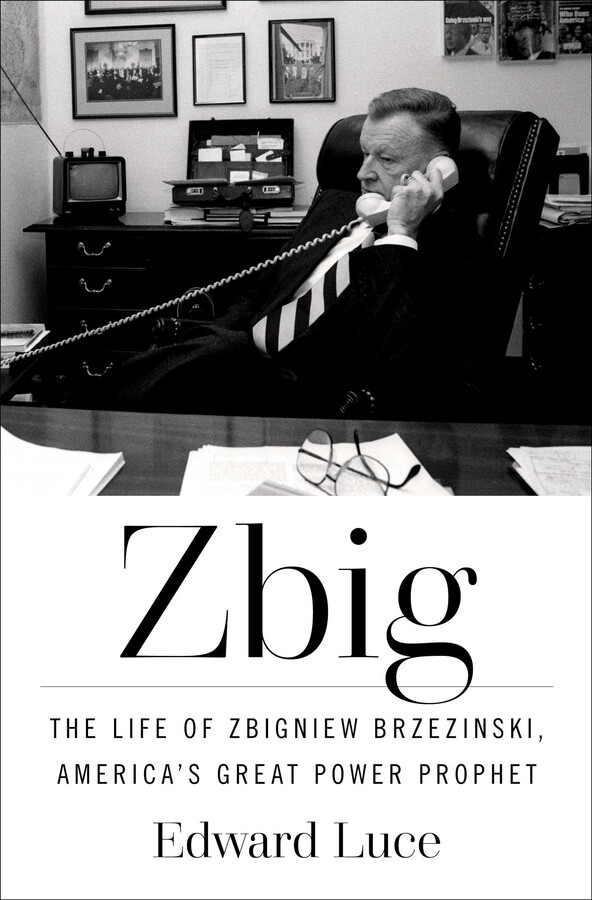Zbigniew Brzezinski’s determinedly hawkish views about the Cold War made him, for decades, the bane of liberals, Democrats, and foreign policy doves. When, as President Carter’s national security adviser, he made a brief appearance before the 1980 Democratic National Convention, he was roundly and loudly booed. In Washington, he made so many enemies among the elite that Time magazine did a cover story titled “Almost Everyone vs. Zbig.” Brzezinski had, the Time story said, “shown poor judgment in indulging his visceral anti-Russian sentiments and his combative, provocative personality.” His angular face and Polish-accented English helped fill out the thin stereotypes of Brzezinski as hardened and somehow otherworldly.
Then, at the beginning of the twenty-first century, the popular perceptions of the longtime Sovietologist and foreign policy guru changed. Starting in 2003, Brzezinski became one of the most prominent opponents of the American invasion of Iraq. After that, his ideas—set forth in an unending series of op-eds and television appearances—were embraced by liberals and attacked by neoconservatives. In the witty description of his biographer Edward Luce, “Brzezinski’s Darth Vader had morphed into Obi-Wan Kenobi.”
Luce’s new book about Brzezinski, simply entitled Zbig, offers penetrating insights into Brzezinski’s long career and evolving ideas, many of which hold continuing relevance today. Brzezinski’s core belief, enunciated not just during his time in the White House but over decades in academia and in his many books, was that the Soviet Union was weaker, more vulnerable, and potentially less enduring than the American foreign policy establishment believed. These days, a comparable issue lurks in the ongoing debates about China: Is the Chinese Communist Party under Xi Jinping as powerful as outside commentators proclaim it to be, or does it have underlying internal political weaknesses that will eventually come to the fore, as happened in the Soviet Union? The countries are not the same, but those assumptions of monolithic might that Brzezinski challenged with respect to the Soviet Union may also be worth questioning with regard to China.
Brzezinski, who died in 2017 at age 89, also set forth predictions about today’s world that have proved strikingly prescient. In the early 1990s—as the Soviet Union was unraveling, most Western leaders were basking in triumphalism, and George H.W. Bush was crowing about a “New World Order”—Brzezinski warned repeatedly of the rise of a future “antihegemonic” grouping of Russia, China, and Iran to challenge that American-led order. Such a coalition “would be reminiscent in scale and scope of the challenge once posed by the Sino-Soviet bloc, though this time China would likely be the leader and Russia, the follower,” Brzezinski wrote in 1997.
